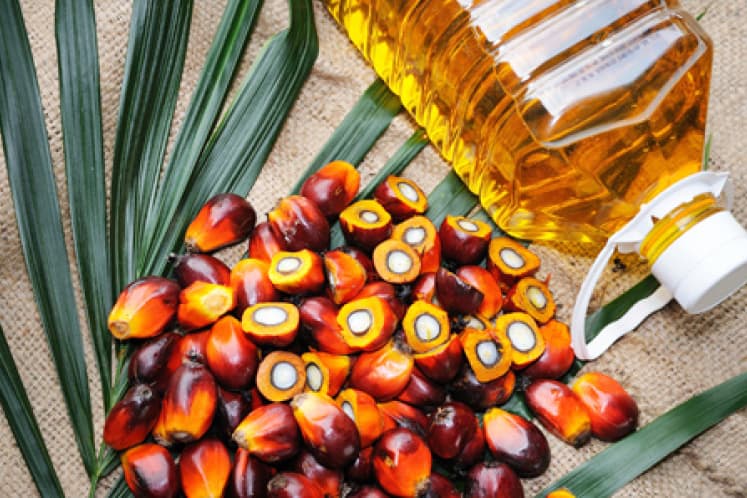
This article first appeared in The Edge Financial Daily on March 19, 2020
KUALA LUMPUR: The palm oil industry has successfully appealed to the government to allow oil palm plantations and mills to resume operations during the 14 days of the movement control order which started yesterday.
When contacted by The Edge Financial Daily, Malaysian Palm Oil Association chief executive officer (CEO) Datuk Mohamad Nageeb Abdul Wahab said the palm oil body was successful in its application to the government to allow oil palm plantations and mills to continue operating.
“We have just concluded our meeting with Minister of Primary Industries and Commodities [Datuk Dr Mohd Khairuddin Aman Razali] and he has conveyed the news that we are hoping for. The minister informed that the Cabinet has reviewed our appeal and reasoning, and consented to allow the industry to resume operation with immediate effect. We are also required to ensure precautionary measures to contain and address the Covid-19 virus are being taken. We took the opportunity to thank the minister and the government for consenting to our appeal. A formal announcement will be made in due course,” he said in a statement yesterday.
The Sarawak government has also announced yesterday that the palm oil industry can operate during the 14-day period on the condition that all workers at estates, mills and refineries must undergo temperature checks before work starts each day.
Should anyone with an abnormally high temperature clock in, they have to be immediately sent to the nearest hospital handling Covid-19 cases for further examination.
Furthermore, all movements within estates, mills and refineries are to be restricted with minimum staff levels where possible, with all workers to minimise movements outside working hours as well.
Under the National Security Council (NSC)’s initial movement control order which aims to curb the spread of Covid-19 in the country, only crude palm oil (CPO) refining was allowed.
Prior to yesterday’s developments, the Malayan Agricultural Producers Association said in a circular to members that its members must cease operations at their estates, mills and factories during the order period.
In a statement yesterday, the NSC said that approved manufacturing businesses that produce products that are critical can operate during the order. However, staff levels have to be kept at minimum levels and ensure workers that clock in are healthy.
“The considered industries also need to ensure measures to contain and combat the Covid-19 outbreak are executed at a company level for the safety of workers and customers,” the NSC said.
If the appeal had been rejected by the government, CGS-CIMB in a report yesterday forecasted a potential loss of CPO supply of some 708,500 tonnes, cutting the current stockpile estimate for end-March to 1 million tonnes, from 1.68 million tonnes previously.
Consequently, this could result in a potential revenue loss of RM1.6 billion at the current CPO spot price of RM2,280.50 per tonne. The reduced supply will likely lead to an increase in CPO prices, which will benefit other producing countries such as Thailand and Indonesia.
The two-week pause in activity would also have likely had a negative impact on cash flows for planters and millers, as well as resulting in potential undeliverable commitments if planters have sold their crops forward.
Ivy Ng, who is the head of regional agribusiness at CGS-CIMB, said via phone call that historical consumption of palm oil in Malaysia stands at 200,000 to 300,000 tonnes a month.
The real impact of the order would be on exports, as Malaysia’s output in March would be cut by two weeks.
Meanwhile, RHB Research said in a note that if fresh fruit bunches (FFB) were not harvested for two weeks, the fruit would rot and the prices received by planters for FFB would be at a discount while oil quality was compromised.
“The impact on volume is likely to be 2-3%, given that productivity is still low currently,” it said.
Reuters had reported that India could take a hit if the supply disruption lasted longer. Mumbai-based vegetable oil broker Sunvin Group’s CEO Sandeep Bajoria had told Reuters that a two-week supply was manageable as India had some 25 days of stocks at ports and shipments in the pipeline but warned that prices had already started rising.
The benchmark palm oil futures contract for the third-month delivery ended RM10 lower at RM2,240 a tonne yesterday.